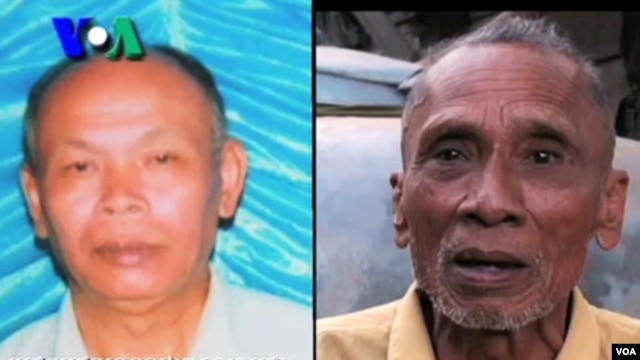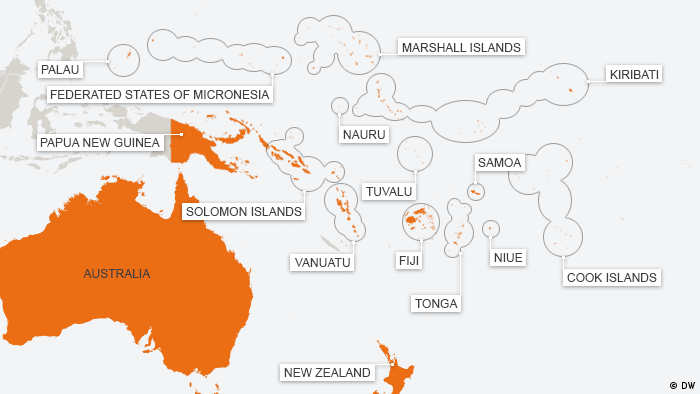
By William E.Todd, U.S ambassador to Cambodia
For thousands of years, Cambodia has been a place where people’s lives are deeply connected to the land they cultivate. With more than half of the country’s labor force still employed in the agricultural sector today, the land continues to be the backbone of the Cambodian economy. This week, Sopheap from Phnom Penh wrote to me to express her concerns about this precious resource. She asked, “Villagers from provinces as far as BanteayMeanchey and Pailin have been coming to Phnom Penh to ask our national government to help resolve land disputes. How can we improve our land policy to prevent land disputes and protect citizens from forced evictions?”
In recent weeks, we have seen hundreds of people marching into the capital to protest over land concessions, bringing renewed attention to this long-standing issue. Land is a finite resource, and increased population growth and economic activity put an increasing strain on public lands. A fair and effective land management policy that advances economic development and also protects individual rights is something that individual families and businesses both demand.
Last week, Samdech Prime Minister Hun Sen expressed his own concerns about land concessions and called for greater accountability by local officials in the handling of land disputes. It was also reported that the Prime Minister set up a new high-level inter-ministerial committee to review whether companies are abiding by the rules of the economic land concessions, which is a promising idea. For Cambodian citizens who have been affected by land concessions, the Prime Minister’s call for action has raised hope that positive changes may be within reach, but implementation will be key.
It is not surprising that an issue as complex as land management continues to present challenges. Moratoriums on land concessions have temporarily addressed the problem but are not a permanent solution. According to a report issued this month by the United Nations Office of the High Commissioner for Human Rights, the number of violent forced evictions from disputed rural land has been on a steep rise over the past year. In addition to ripping people from their homes, these forced evictions can lead to environmental degradation through illegal logging and other practices and contributes to public distrust of government.





















